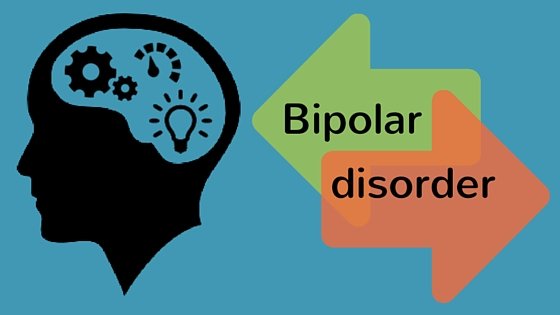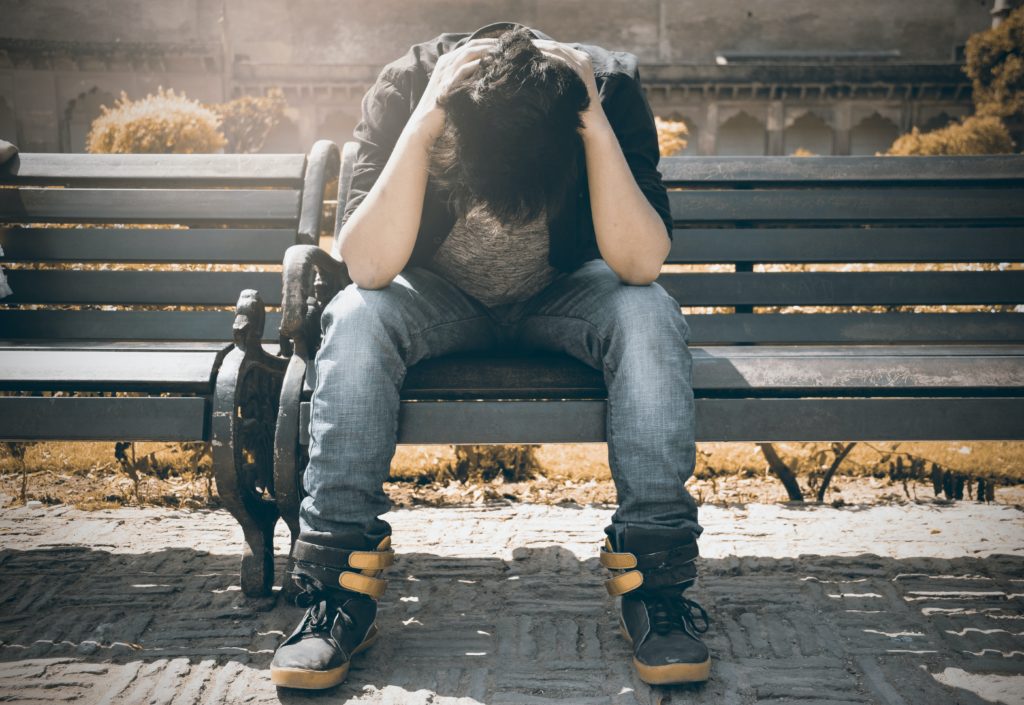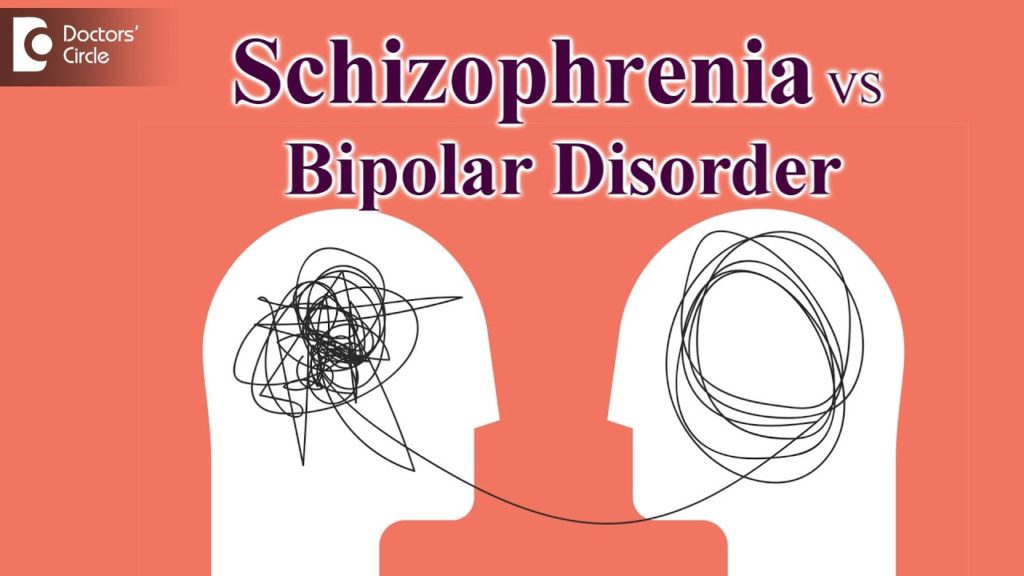
Hope & Harmony Headlines
July 28, 2022 • Volume 15, Issue 30
There’s a quote that has been circulating for decades: “Wherever you go, there you are.” It even became part of the book title by mindfulness meditation guru Jon Kabat-Zinn.
If you’ve ever tried to escape from a bipolar depression episode, you know this to be true.
You also wouldn’t be alone.
“Bipolar is one of the illnesses people have the hardest time accepting,” says Sagar V. Parikh, MD. “Maybe one-third accept [the diagnosis] right away. At least a third totally reject it, and a third believe it, but when they are better for a while, begin to doubt it again.”
It’s worth noting that depression is more debilitating than mania in part because it occurs more frequently and lasts longer. In fact, people with bipolar I experience depression three times as often as mania; and for bipolar II, the ratio of time spent in depression versus mania is a staggering 40:1.
Acceptance, however, is the first step out of bipolar depression.
“By accepting what the problem is and informing yourself about the disease and treatment, you are empowering yourself to control the disease,” says Francis M. Mondimore, MD, assistant professor at Johns Hopkins University School of Medicine’s Department of Psychiatry and Behavioral Sciences.
Overcoming depression—and coming to terms with the fact that episodes may come and go for the long haul—takes patience and perseverance. Especially since you can’t simply snap out of one.
But there are ways to take charge.
Making sure your sleep schedule is on track is a good first step. With depressive symptoms, sleeping too much can be as unhealthy as sleeping too little.
Consider going to a support group or joining online for a safe space to talk about your struggles and experience camaraderie with others who understand.
And stick to your medication regimen. Medication adherence is the biggest roadblock to full acceptance, reports Harvard Medical School psychiatry professor Mark S. Bauer, MD, coauthor of Overcoming Bipolar Disorder: A Comprehensive Workbook for Managing Your Symptoms and Achieving Your Life Goals.
As with most things, awareness is the foundation for moving forward.
“You can’t overcome depression if you don’t recognize that you have it in the first place,” says bp Magazine columnist Melody Moezzi. “It can be harder than it seems to realize and admit that you’re in the midst of a depressive episode, let alone to accept that you need help and seek it.” Read “Acceptance: The First Step Out of Bipolar Depression” >>
Originally posted July 12, 2022
The post Taking Control Over Bipolar Depression Starts with Acceptance appeared first on bpHope.com.


